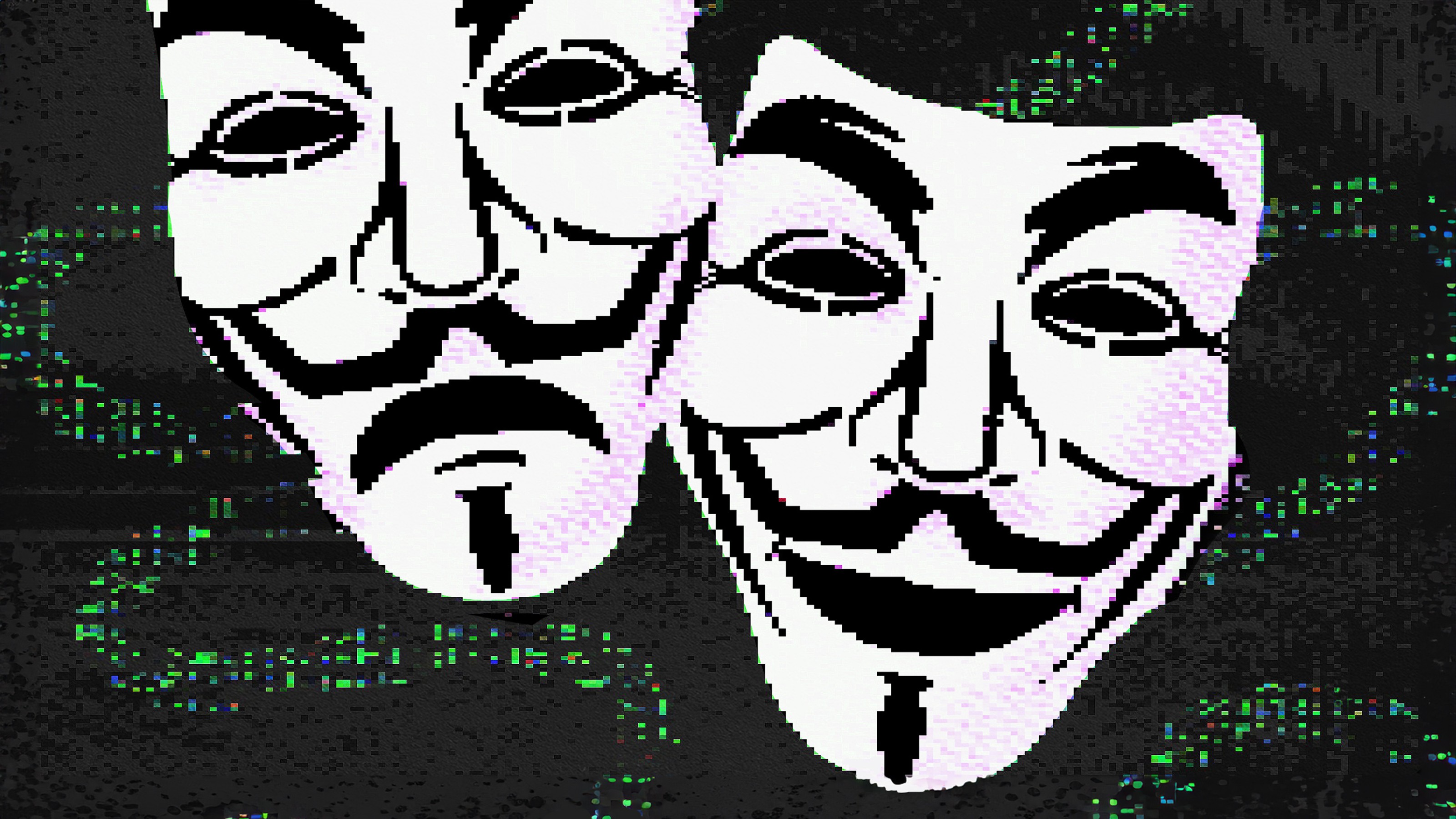Are the 9/11 Texts the Future of History?

While most of the more prominent details of the 9/11 attacks have been made bare, the search to find the psychological undertones of these tragic events goes on. But as proceeding events continue to tell us exactly how the attacks on New York and Washington DC are the most pivotal historic events of our generation, the way historians and academics look back on these events is still being shaped. The main difference now is, while most historians have traditionally scanned memos, documents, and maybe even microfiche, recent events show us that text messages and email may become the new historical artifacts.
What could be the primary seachange in how we analyze history may have taken place just before Thanksgiving, when WikiLeaks released roughly half a million national pager intercepts from September 11th, 2001. The texts revealed include exchanges between NYPD and Pentagon officials as well as simple, personal messages from those witnessing the attack and its aftermath. It’s an absolutely fascinating wealth of additional information regarding events that many of us assumed we already knew about.
Among other things, some of these numerous text exchanges pull back a shade on the psychology of those dealing with these events, not to mention the human nature demonstrated in the face of such unfathomably horrific events. These topics have been discussed at length since September 11th, but these texts add a compelling new take on it. Which begs the questions, are text messages the newest historic documents?
As most of us know, these epic documents have traditionally come to us in the form of sprawling texts- crisp, yellowing parchments that gave us a glimpse into an age we had previously only dreamed about. But in the digital age, the digitization of many of these printed texts has become the main historical imperative. In 2007, a New York Times article claimed that despite the aggressive shift towards digitization, the Library of Congress had only slated roughly 10% of its documents for digitization, due primarily to prohibitive costs. The same article speculated that only a small fraction of the National Archives’ 9 billion documents would be digitized and placed online. But if the recent text unveilings teach us anything, it may be that future historical texts may already be provided to us in a digital form.
While the 9/11 text messages are perhaps the most poignant historical texts to be revealed in some time, our digital society tells us that this could become the norm for future events of historic proportions. Publications like the Readers Digest have been joking about this transition for some time, but the truth is the next several historical documents preserved in the National Archives, could very well come in the form of a text message. So how long before a country’s new constitution is delivered to us as a pre-made Word document?





